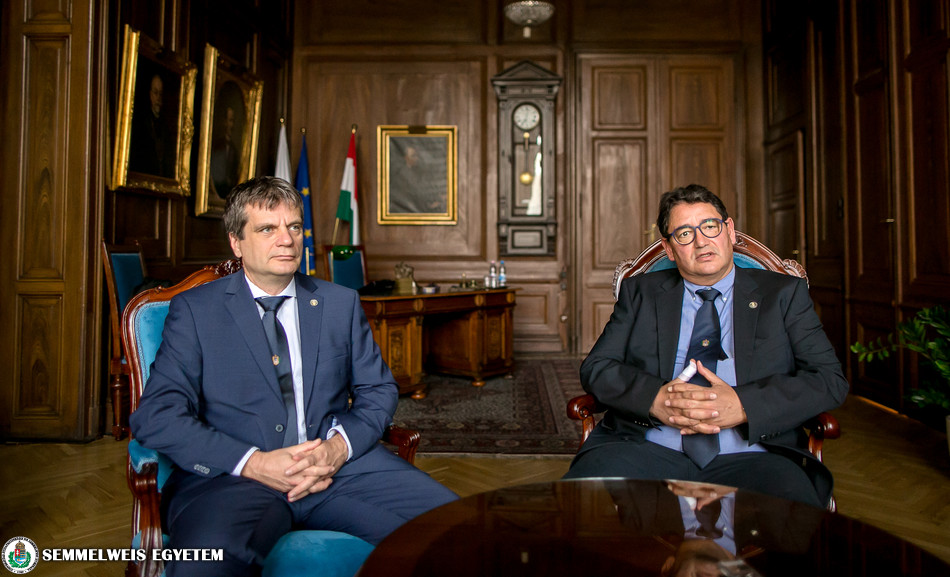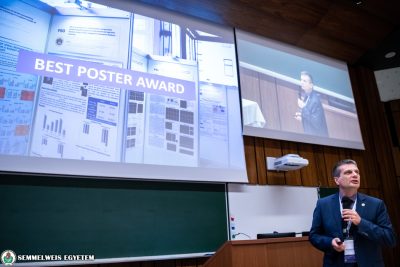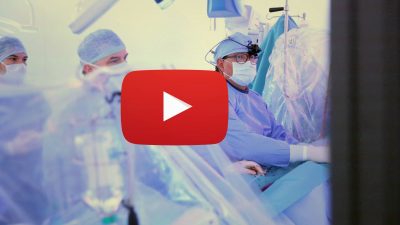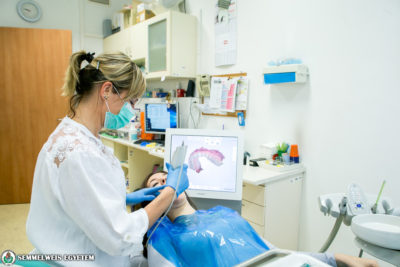“We chose an innovative field as the topic of our special anniversary symposium, which is the flagship of the university in the field of research and health care and which represents an integrative force, as cardiovascular topics can be found at virtually all of our departments,” emphasized Dr. Béla Merkely. The rector highlighted the significance of the program featuring the topic from single molecules to the patient bed, presenting the latest scientific achievements. Over the past 15-20 years cardiovascular research has been the fastest-growing area, and the results achieved in health care and diagnostics have also had an effect on the number of years spent living in health: this has increased by seven years in the above period, half of which can be attributed to the adequate treatment and prevention of cardiovascular diseases, he noted of the significance of this field. The rector, who is also the director of the Városmajor Heart and Vascular Center, pointed out that most high-impact publications and citations at the university also come from this field.
In addition to the cardiovascular field and its accompanying diseases being the main driver of the university’s activities, it also represents great innovation potential, as it is an important area for medical equipment and pharmaceutical developments within the health industry, noted Dr. Péter Ferdinandy, vice-rector for science and innovation. The symposium will cover this area comprehensively, from imaging to molecular biology to the development of medical equipments. Main topics will include heart failure, atrial fibrillation, cardiological imaging, cardioprotection, regenerative medicine, stem cell therapy, comorbidities, and a very topical area that needs to be addressed, which is cardiotoxicity. In addition to translational topics, there will be many other issues discussed where clinical results are already available.
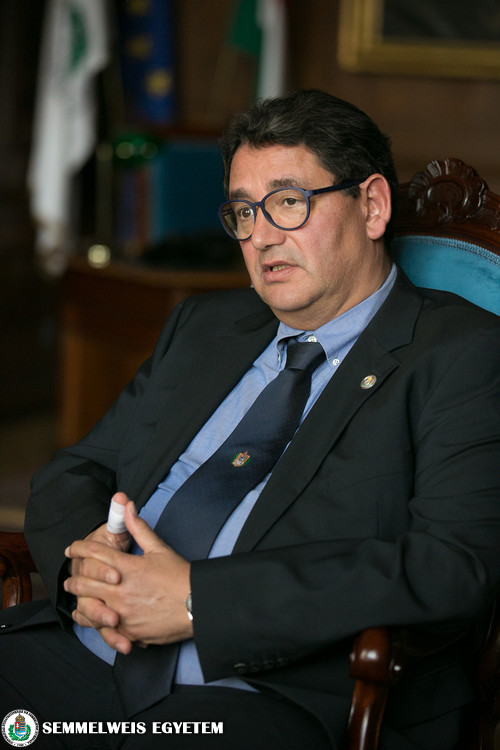 Compared to previous Semmelweis Symposiums, a new feature will be that presentations will be held exclusively by international experts, while Hungarian researchers will be able to present their achievements in poster sessions. “World-renowned scientists will be appearing at the conference, people that you otherwise would have to go to Oxford or California to see,” the rector stressed, noting as an example that three previous presidents of the European Society of Cardiology, as well as its current president-elect (Fausto Pinto, Michel Komajda, Jeroen Bax, and Stephan Achenbach), will also be present. These first-rate presenters will provide lifelong motivation and inspiration, and the knowledge you gain here can not only be applied here, but also developed further, said the rector. He highlighted that for this reason, in addition to the residents and PhD students from the younger generations, TDK students are also eagerly awaiting the symposium, who – in line with the approach of the new curriculum – will receive credit points for their active participation.
Compared to previous Semmelweis Symposiums, a new feature will be that presentations will be held exclusively by international experts, while Hungarian researchers will be able to present their achievements in poster sessions. “World-renowned scientists will be appearing at the conference, people that you otherwise would have to go to Oxford or California to see,” the rector stressed, noting as an example that three previous presidents of the European Society of Cardiology, as well as its current president-elect (Fausto Pinto, Michel Komajda, Jeroen Bax, and Stephan Achenbach), will also be present. These first-rate presenters will provide lifelong motivation and inspiration, and the knowledge you gain here can not only be applied here, but also developed further, said the rector. He highlighted that for this reason, in addition to the residents and PhD students from the younger generations, TDK students are also eagerly awaiting the symposium, who – in line with the approach of the new curriculum – will receive credit points for their active participation.
The rector emphasized that since this is an interdisciplinary area, they expect participants from a wide range of fields, as cardiovascular medicine has various points of contact with for example gynecology, pediatrics, psychiatry, internal medicine, hematology or immunology. “And the best opportunities for innovation are in these border area contact points, so we hope that Semmelweis citizens will find in the event’s program the integrative force that will lead to not just new publications but also new innovations,” said the rector.
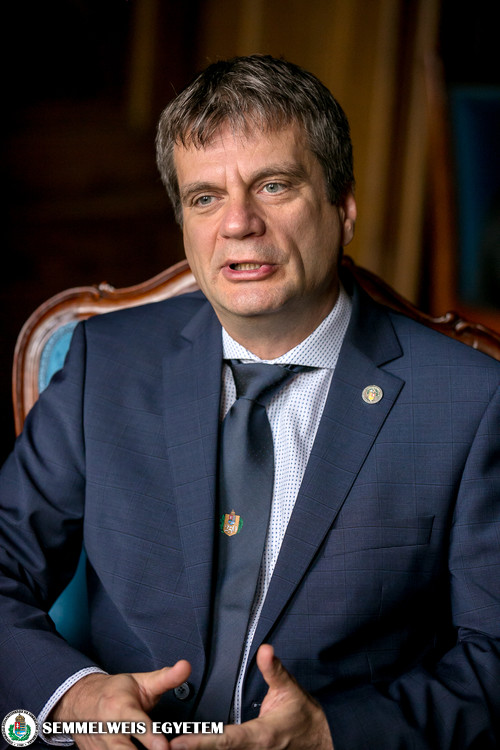 Cardiovascular diseases are among the most widespread diseases. Drugs and medical equipment, and their combination, play about an equal role in treatment, which provides endless opportunities for innovation, noted Dr. Péter Ferdinandy. He pointed out that the symposium’s theme is linked to the university’s new R&D&I strategy, and will lay the groundwork for involving as many international innovation projects in the planned Health Industry-Biotechnology Science Park, which will be a key player in this area.
Cardiovascular diseases are among the most widespread diseases. Drugs and medical equipment, and their combination, play about an equal role in treatment, which provides endless opportunities for innovation, noted Dr. Péter Ferdinandy. He pointed out that the symposium’s theme is linked to the university’s new R&D&I strategy, and will lay the groundwork for involving as many international innovation projects in the planned Health Industry-Biotechnology Science Park, which will be a key player in this area.
The annual Semmelweis Symposium, organized around a different topic each year, is one of the most prestigious international scientific events of the university. This year, it is integral part of the comprehensive series of events held to celebrate the 250th anniversary of Semmelweis University.
The program schedule and information about the speakers is available at the symposium’s website.
Watch Dr. Béla Merkely’s video invitation by clicking here.
Pálma Dobozi
Translation: Tamás Deme
Photo: Attila Kovács – Semmelweis University
